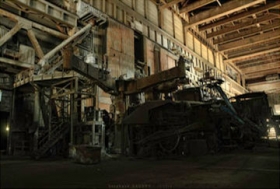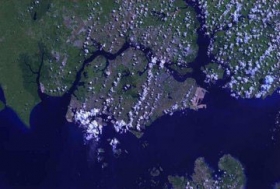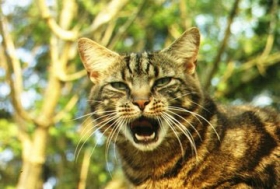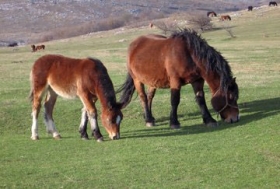Category: Featured

Lebanon's car sector: the downward shift

EBRD mulls loan to Ukraine graphite electrode maker

Singapore accountants look for opportunity in economic adversity

Parliament Hill's ravens should return

Breaking news story - Brussels says nearly 5% of EU beef contaminated with horsemeat
Arms and drug smuggling combine with kidnapping in the Algerian Sahara
 By Kaci Racelma, in Tizi Ouzou, Algeria; and Paul Cochrane, in Beirut
By Kaci Racelma, in Tizi Ouzou, Algeria; and Paul Cochrane, in Beirut
This article appeared last March (2012) in Commercial Crime International, a specialist title run by the International Chamber of Commerce. It foreshadowed the Islamist-related unrest and rebellion that actually occurred later in Mali and Algeria….
COMMERCIAL crime may not be as omnipresent in North Africa as in some other parts of the world, but companies operating in the region have risks to contend with. Corruption is rife, smuggling across the borders with Sub-Saharan countries is a major activity, and terrorist groups such as Al Qaeda in the Islamic Maghreb (AQIM) are in the ascendancy. Kaci Racelma and Paul Cochrane take a detailed look at these problems.
China introduces sex education in primary schools
 By Wang Fangqing
By Wang Fangqing
China, a nation once so secretive about sex, is determined to introduce sex education as early as primary schools. On December 12, China’s Ministry of Education released a draft of the National Standard for Primary School Teachers that included a requirement that teachers “get the knowledge and methods of puberty and sexual education.”
Beijing and Shanghai, the two most developed cities in China, launched sex education programs in selected local primary schools months ago along with the textbooks: “Steps of Growth” in Beijing and “Boys and Girls” in Shanghai, both presented in manga style to appeal to the young students.
China Introduces Sex Education in Primary Schools
 By Wang Fangqing
By Wang Fangqing
China, a nation once so secretive about sex, is determined to introduce sex education as early as primary schools. On December 12, China’s Ministry of Education released a draft of the National Standard for Primary School Teachers that included a requirement that teachers “get the knowledge and methods of puberty and sexual education.”
Beijing and Shanghai, the two most developed cities in China, launched sex education programs in selected local primary schools months ago along with the textbooks: “Steps of Growth” in Beijing and “Boys and Girls” in Shanghai, both presented in manga style to appeal to the young students.
Saudi Arabia looks worldwide for nuclear collaborators
 By Paul Cochrane, in Beirut
By Paul Cochrane, in Beirut
Saudi Arabia’s failure to secure a wide-ranging atomic energy treaty with the USA, continues to push the oil-rich country into the arms of other nuclear suiters, experts on the kingdom have argued. The Saudi's plan is to invest USD112 billion over the next 20 years to build 16 nuclear power plants (NPPs) to offset rising domestic energy demand and retain its position as a leading hydrocarbons exporter.